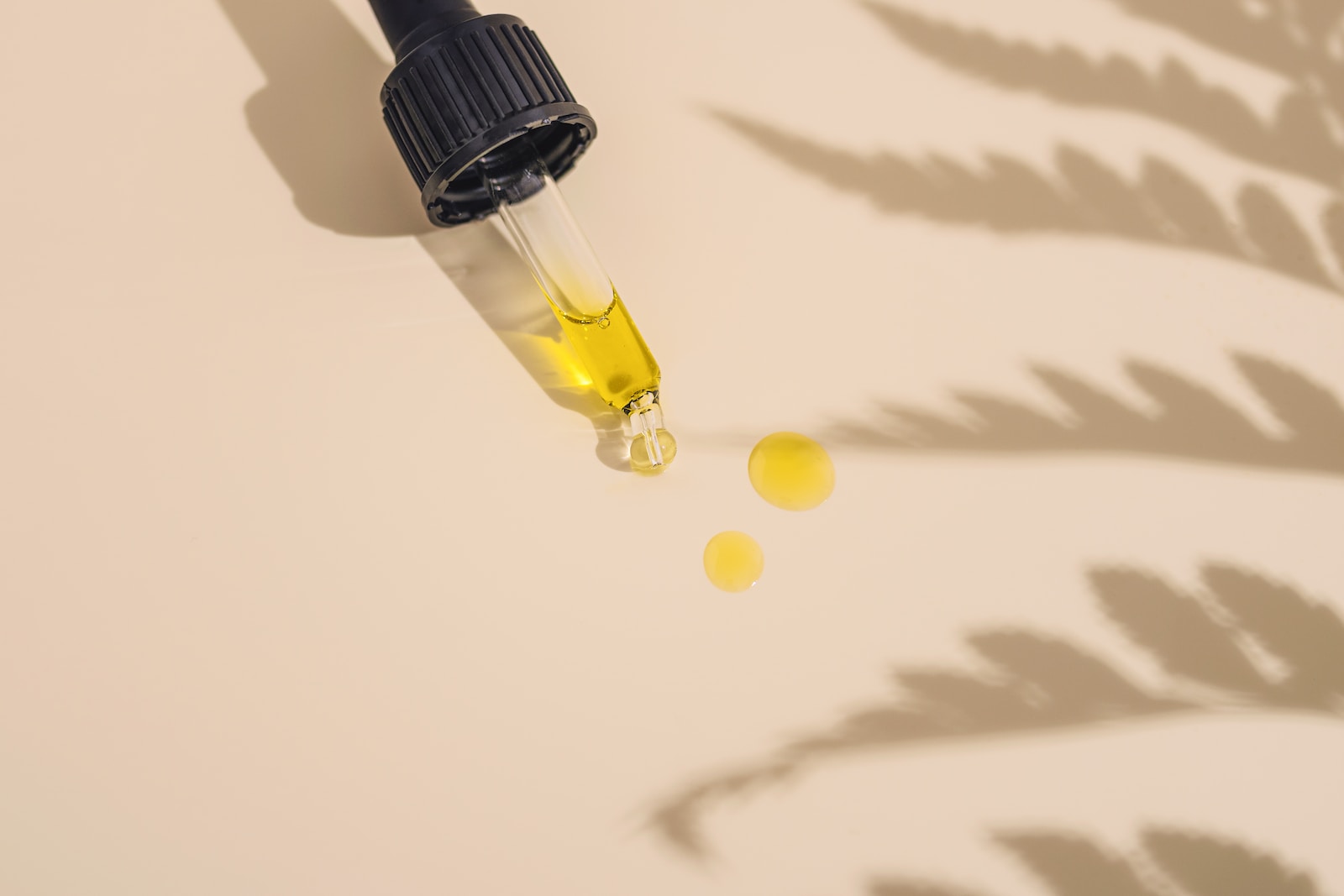California is on the brink of legalizing hemp-derived cannabidiol (“Hemp CBD”) in many products—well, sort of. The law at issue is Assembly Bill 228 (“AB-228”), and I’ve been writing about it since it was introduced in January 2019 (for my posts on it, see here, here, and here). As of today, it’s made its way through the California Assembly and most of the way through the California Senate with very little resistance. AB-228 is likely to pass soon, and because it is what’s called an “urgency” statute, will become immediately effective.
Since I started writing about AB-228, the bill has morphed a lot, and now actually has some teeth. Even if it passes though, Hemp CBD may not be completely legal in the Golden State. Here’s a brief explanation of what’s happened, and what’s at stake.
About a year ago, the California Department of Public Health’s (“CDPH”) released its now-infamous Hemp CBD FAQs, which take the position that Hemp CBD is illegal in basically all foods, beverages, and some other products (but note, there is not a single law or regulation on the books anywhere in the state that takes this position). The FAQs “outlawed” Hemp CBD based on the federal Controlled Substances Act (which as of December 20, 2018 and the passage of the 2018 Farm Bill no longer hemp illegal) and the fact that the federal Food and Drug Administration (“FDA”) did not allow the addition of Hemp CBD to the same products that are mentioned in the FAQs. (For a discussion of the FDA’s policy memos which claim that Hemp CBD is illegal, see here and here).
RELATED: FDA Issues More Guidance On CBD Products
While the FAQs didn’t really cite California law (except to define foods, etc.) as the basis for enforcement, it’s come to light that the CDPH has been relying on the California Sherman Food, Drug, & Cosmetic Law (not to be confused with the federal Sherman Act, an antitrust law), to pull Hemp CBD products from retail and wholesale operations. The CA Sherman Law gives the CDPH authority over foods and beverages and allows them to target products that it deems “adulterated”. In a sense, the CA Sherman Law is a lot like the federal Food, Drug and Cosmetic Act that the FDA gets its authority from (hence all of the citations to FDA policy).
Originally, AB-228 was very narrow and only would have created a law saying that the mere addition of Hemp CBD to foods and cosmetics did not adulterate them. Over the last few months, in various committees, more and more things have been piled onto the bill. Here are some of the highlights of the current version:
- Licensed cannabis companies wouldn’t be precluded from being in the hemp business;
- Hemp products that are foods, beverages, or cosmetics would have some minimal labeling requirements;
- Food manufacturers that make hemp products would be required to obtain certain registrations and would need to demonstrate that their hemp comes from a jurisdiction that has an “established and approved industrial hemp program” that meets all federal requirements for the sale and cultivation of hemp;
- The CDPH wouldn’t be able to conclude that foods, beverages, or cosmetics are adulterated just because they contain CBD; and
- Raw hemp products would need to undergo certain lab testing and get certificates of analysis prior to sale.
It’s clear that if AB-228 becomes law, it will be a huge victory for the burgeoning hemp industry across the state. But there are a few key issues that may still not wipe out the gray areas:
- AB-228 does not change federal law. The California legislature has no power to modify federal law or policy. The FDA’s policy memos are not affected by California law. If sellers sell Hemp CBD foods, they may still draw the ire of the FDA—which is more likely if medical claims are made.
- AB-228 does not require the CDPH to ignore federal law. Remember that the CDPH FAQs cited the FDA’s position. It is theoretically possible that the CDPH could continue to uphold the FAQs unless and until the FDA changes its mind. I think this is unlikely to happen, but in the hemp world, sometimes anything is possible.
- AB-228 does not take away all grounds for enforcement from CDPH. If AB-228 passes, the addition of Hemp CBD to foods and cosmetics alone doesn’t render them adulterated. But that’s just scratching the surface. Other things could render them adulterated. The CDPH can also go after “misbranded” foods and other products. And, of course, there are tons of other product specific laws (e.g., Prop. 65) that may create problems for sellers of CBD goods.
In spite of these issues, if AB-228 passes it’ll create a lot of certainty for hemp businesses in California, where there previously wasn’t much. We’ll stay tuned on updates to this law and how it will affect the hemp industry in California, and as a whole.
Griffen Thorne is an attorney at Harris Bricken. This article originally appeared on the Canna Law Blog.


